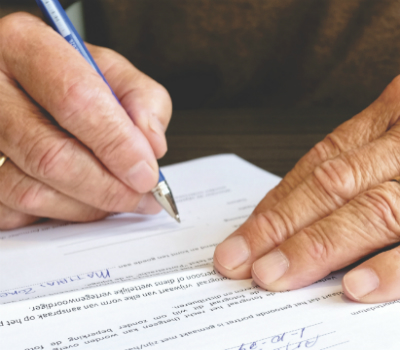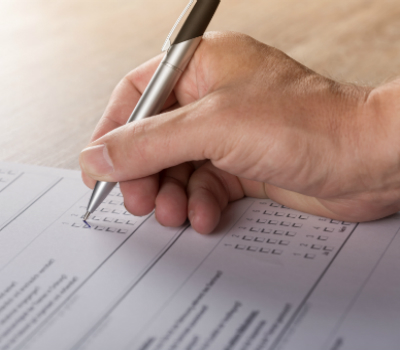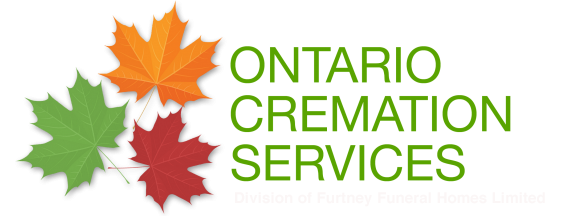Legal Considerations
After a death, it is not always necessary to work with a lawyer, although it is strongly recommended to consult one. The time following a death of a loved one is extremely emotional, and even the closest family may have disagreements.
Before getting in touch with a lawyer, consider locating the following documents:
- The will
- Deeds
- Bank Statements
- Insurance Policies
- Vehicle and Boat titles
- Income statements
Estate Trustee
The estate trustee is responsible for compiling an inventory of all property at the time of death, determine all outstanding debts, pay all legitimate debts and then distributing the remaining property in accordance with the instructions provided in the Will. The executor is appointed as part of the probate proceeding and has the responsibility of guiding property through the proceeding, subject to established probate rules and procedures. In many areas, the court has a considerable amount of control over the activities of the estate trustee, and prior permission of the court is required for the estate trustee to take action with respect to the property in the probate estate.
the estate trustee also has full responsibility with regards to the funeral arrangements and could change those arrangements if he/she wishes. If the estate trustee is not available or there is no Will then it is the responsibility of the next of kin to do arrangements with the funeral establishment. Since the estate trustee is given access to all property in the probate estate, the selection of a competent and trustworthy person is very important. It is wise to nominate someone who you trust implicitly to serve as estate trustee. Probably the most important qualification is to ensure that the person chosen will follow through the obligations under the terms of the Will. Some jurisdictions state that the estate trustee must live in the same province. In addition to all out-of-pocket expenses in managing and settling the estate, estate trustees generally earn a fee of about 2% of the value of the estate for their work. All fees and reimbursed expenses are subject to court approval. If a person is both the sole beneficiary and estate trustee, and the estate is not subject to Federal Estate Tax, it usually does not make sense to take any fees as all fee income is subject to income tax.

 Bank Accounts
Bank Accounts
Procedures for bank accounts following death vary regionally. In some areas, bank accounts are automatically frozen after a death. To avoid any complications, the bank should be notified immediately. The bank employees will guide you through the next steps from there.
> LEARN MORE

 Death Certificates
Death Certificates
Funeral directors proof of death certificate is frequently required for canceling or applying for benefits and can be obtained through a funeral establighment. We start you with 10 copies and will provide more as you need them.
> LEARN MORE

 Wills
Wills
Everyone knows they should have a will, but the vast majority – about 70% of us – do not. Writing a will is easy and inexpensive, and once you are done you can rest easy, knowing your hard-earned money and property will be distributed according to your wishes, and that your loved ones will be taken care of in your absence.
> LEARN MORE

 Probate
Probate
Probate is the legal process that transfers the ownership of property from the estate of the deceased to their beneficiaries. During the probate process, the estate trustee of your will goes before the courts and identifies all the property you owned, appraises the property, pays all debts and taxes, proves that the will is valid and legal, and distributes the property according to the instructions of the will.
> LEARN MORE

 Estate Trustee
Estate Trustee
An estate trustee is the personal representative of your estate. They are the person in charge of taking control of your assets, paying off any debts, and distributing assets to your beneficiaries per the terms and conditions of your will.
> LEARN MORE




